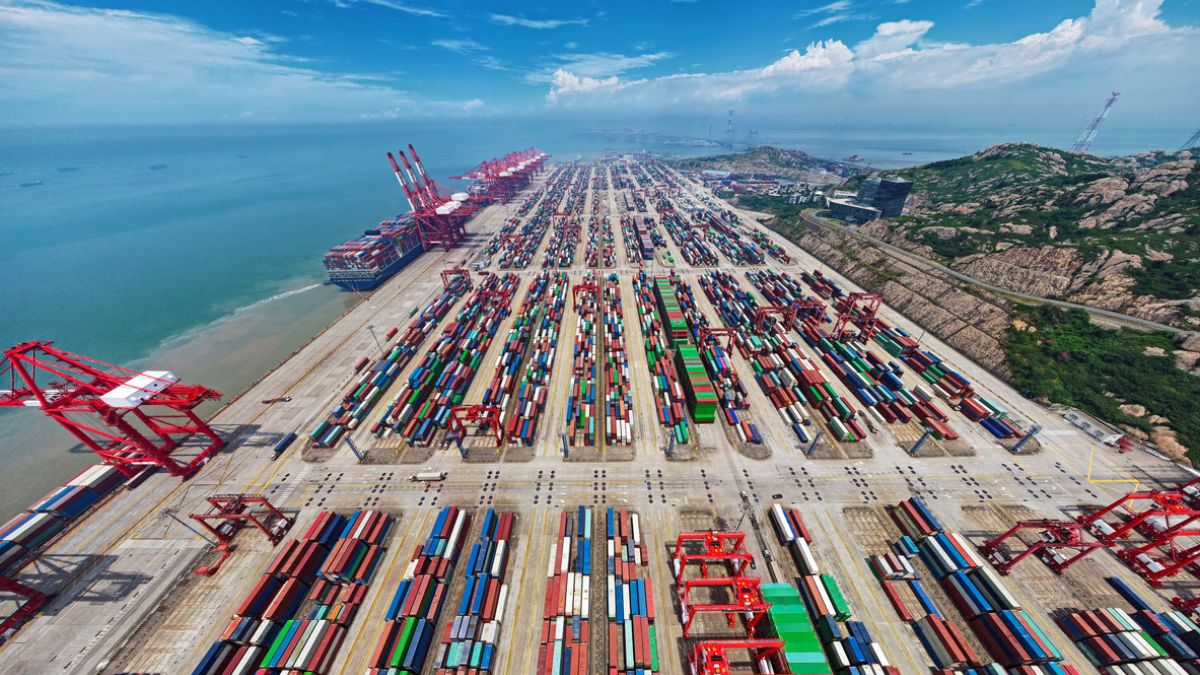House Republicans are preparing to introduce a bill designed to block Chinese companies and government entities from accessing U.S. ports, a move aimed at curbing China’s influence on vital American infrastructure. The proposed legislation reflects growing concerns over national security and economic competition between the two global powers.
The bill, backed by key members of the GOP, aims to restrict Chinese entities from purchasing, leasing, or otherwise gaining control of operations at any U.S. port. According to proponents of the legislation, the measure is necessary to safeguard the country’s critical infrastructure from potential espionage, cyber threats, and undue foreign influence. It also seeks to prevent China from using its economic power to gain strategic footholds in American maritime facilities.
Representative Carlos Gimenez (R-FL), who is leading the bill’s introduction, argued that allowing China access to U.S. ports poses significant risks to national security. “The Chinese Communist Party has no place controlling or influencing U.S. ports,” Gimenez said in a statement. “This bill is about protecting America’s sovereignty and ensuring that our infrastructure remains free from foreign interference.”
The move comes amid heightened tensions between the U.S. and China over various issues, including trade, technology, and military presence in the Indo-Pacific region. House Republicans see this bill as a necessary step in countering what they describe as China’s increasingly aggressive tactics to infiltrate key industries in the U.S. and other nations.
Supporters of the bill argue that China’s global investments, particularly in ports and shipping infrastructure, represent a strategic effort to extend its geopolitical influence. China has acquired stakes in numerous ports around the world as part of its Belt and Road Initiative, raising concerns that these assets could be used to advance its military and economic objectives.
However, critics warn that the bill could lead to economic consequences, particularly in industries reliant on international trade. They argue that a blanket ban on Chinese access to U.S. ports could disrupt supply chains and escalate trade tensions between the two countries.


